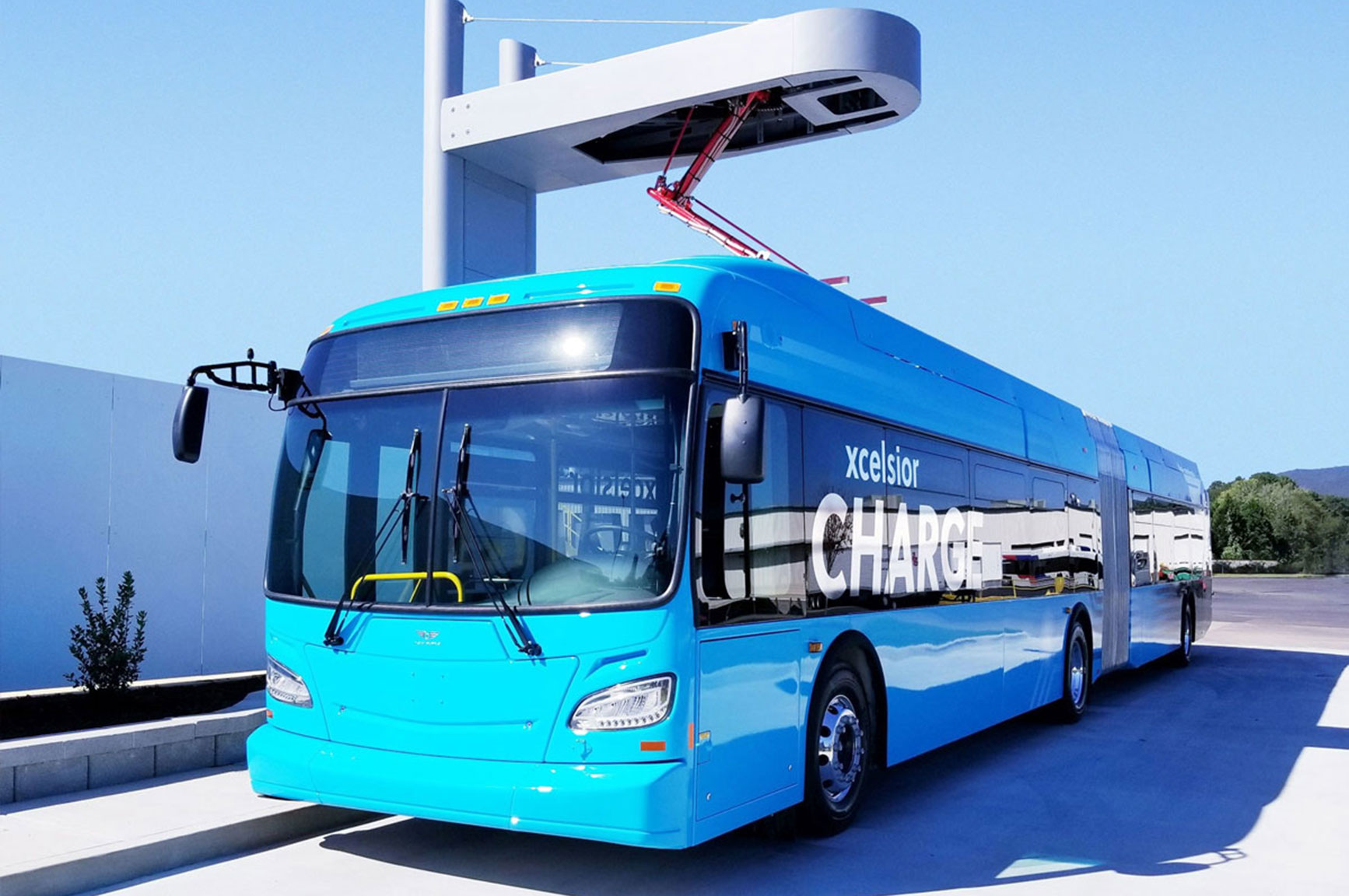India has some 52 STUs/SPVs operating with some 1.47 lacs bus stock (till FY 2015-16). Out of this total stock, rural share is 80%, urban is some 17% and hilly region is 3%. In the same year, ~7,250 new buses were annually added with 85% market share between only two companies.
In the same year, similar ~6,500 number of buses were scrapped. Total revenues in FY 2015-16 were INR 51.75K crores with INR 12.63K crore losses. Only 7 of total 47 reporting STUs showcased profits (Karnataka SRTC, BMTC, UP SRTC, Punjab Buses, Odisha SRTC, Kadamba TC (Goa), and Himachal (HRTC).
e-Buses with current technology roadmap holds potential to provide cleaner public transport advantage at comparable Total Cost of Ownership (TCO) with existing diesel options. pManifold analysis shows that current diesel bus operation costs some 58 Rs./km, while that of e-Bus with 100km range can cost comparable 57 Rs./km.
Increasing range to 200 kms can cost some 61 Rs./km. GOI in one of its tender has supported procurement of 390 e-Buses under FAME scheme for 11 cities. The bidding results are out, but there is still e-Buses to be seen operational under this tender, though small pilots with some STUs are in progress.
While cleaner air will be one important outcome from e-Buses adoption, it will be important to understand if and how they also emerge as techno-commercial viable option for STUs, and what more and right needs to be done today.
This webinar focused on:
- Understanding business proposition for e-Buses to STUs
- What problems of STUs e-Buses can solve, and what it cannot
- What business models for STUs to finance and operate e-Buses including charging and maintenance
- What considerations for STUs to procure e-Buses, and for cities to integrate e-Buses appropriately
| Speakers
|
||
| H. K. Gupta
Chief General Manager Himachal Road Transport Corporation (HRTC) |
Laghu Parashar
Senior Advisor Urban Mass Transit Company Limited (UMTC) |
Rahul Bagdia
Director and Co-founder pManifold Business Solutions Pvt. Ltd. |


